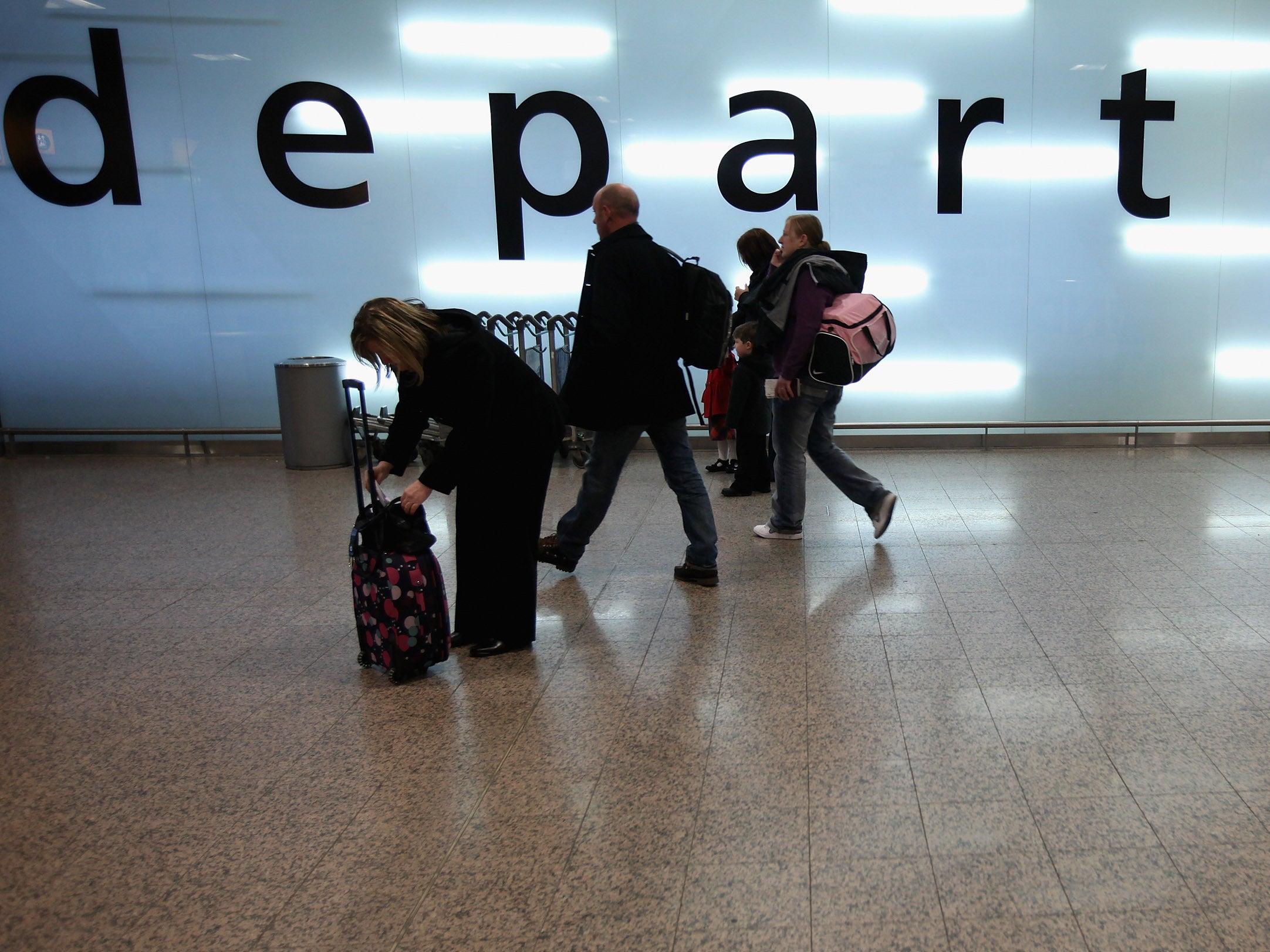Holidaymakers warned after average cost of accommodation scams increases 25%, new figures show
Travellers who fell victim to fraudsters typically lost £1,500 last year

The average amount of money lost by holidaymakers ripped off by booking scams increased by 25 per cent in the last year, new figures show.
Travellers are being warned to stay vigilant after City of London Police data revealed victims of scams typically lost £1,500 in 2017.
There were 4,700 reported cases worth a total of £6.7m.
Fraudsters are setting up bogus accommodation websites, hacking into legitimate accounts and posting fake adverts online.
The most common scams relate to airline tickets and accommodation bookings, which often see them hack into websites and ask to be paid directly, before disappearing once payment is made.
Abta’s chief executive Mark Tanzer said the travel trade organisation saw “at first-hand the damage caused by travel fraudsters with the many devastated customers who contact us for advice after they find out their much anticipated holiday or trip to visit loved ones may not actually exist”.
He added: “The cost to them is not just financial. This crime causes very real disappointment and emotional distress.”
Almost half of all victims said the fraud had a significant impact on their health or financial wellbeing.

Some 575 revealed that the impact was so severe that they had to receive medical treatment or were at risk of bankruptcy.
Pauline Smith, head of fraud reporting centre Action Fraud, said: “Fraudsters are increasingly using more sophisticated ways to trick their victims, which is why it is important that you do your research when making travel arrangements.”
There is a spike in cases during the summer and in December, leading experts to believe fraudsters are targeting peak holiday periods when it is harder to find a bargain.
Sporting and religious trips are a popular target for conmen due to the limited availability of tickets and subsequent higher prices.
Tony Neate of fraud prevention group Get Safe Online said: “It can be quite tempting to get lured in by the offer of a cut-price flight or a deal on accommodation when you are caught up in the excitement of booking a holiday.
“Small steps can stop you getting caught out by a holiday scam, such as researching the company you are booking through, especially ones that aren’t mainstream operators.
“Check well known review sites too so you can see what previous customers’ experiences have been and, where possible, pay by credit card to get extra protection in case anything does go wrong.”
Additional reporting by PA
Join our commenting forum
Join thought-provoking conversations, follow other Independent readers and see their replies
Comments
Bookmark popover
Removed from bookmarks